
Zanganeh Urges OPEC to Address Libya, Nigeria Output
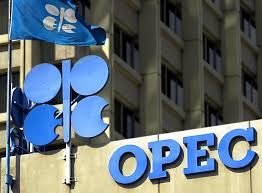
Compliance with the output cuts is “acceptable”, Zanganeh told reporters in Tehran on Sunday.
The Organization of Petroleum Exporting Countries should focus on “the situation with Libya and Nigeria”, he said, referring to the two countries exempted from capping production due to their internal strife, Bloomberg reported.
Nigeria will be able to participate in cuts when its output stabilizes at 1.8 million barrels a day, Oil Minister Emmanuel Kachikwu said on Friday.
“OPEC’s actions are working and compliance is acceptable overall, although there needs to be some change,” Zanganeh said, referring to OPEC members’ compliance with their pledges to pump less.
“Changes are really related to Libya and Nigeria and the 100% compliance of everyone.”
Zanganeh did not elaborate.
OPEC and other global producers, including Russia, agreed to maintain output cuts through March to end a price rout that has battered their economies since 2014. Iran was part of the deal reached last year, though it was given special permission to raise output by 90,000 barrels a day.
Libya and Nigeria were not part of the deal and have since increased production, complicating the efforts of suppliers to reduce the glut. Benchmark Brent crude has dropped by about half from its 2014 peak.
OPEC backs any action to help stabilize the oil market, and if a meeting is needed for the group to decide whether to extend the cuts that expire in March, “we’ll arrange it,” Zanganeh said.
Iran “will consider everything within the framework of our national interest and cooperation with OPEC,” he said when asked whether the country would adjust its output.
Iraq supports OPEC’s efforts to pare oil output and clear a global glut even as the group’s second-biggest producer plans to expand its own capacity to pump more, Iraqi Oil Minister Jabbar al-Luaibi said on Sunday at a news conference in Baghdad.
The country’s plan to boost capacity to 5 million barrels a day by the end of the year will not affect crude markets. Iraq will not export all of its additional output," he said.
The Arab nation pumped 4.49 million barrels a day in August, data compiled by Bloomberg show.


Codelco seeks restart at Chilean copper mine after collapse

Uzbek gold miner said to eye $20 billion value in dual listing

Hudbay snags $600M investment for Arizona copper project

BHP, Vale offer $1.4 billion settlement in UK lawsuit over Brazil dam disaster, FT reports

Peabody–Anglo $3.8B coal deal on the brink after mine fire

A global market based on gold bars shudders on tariff threat

Minera Alamos buys Equinox’s Nevada assets for $115M
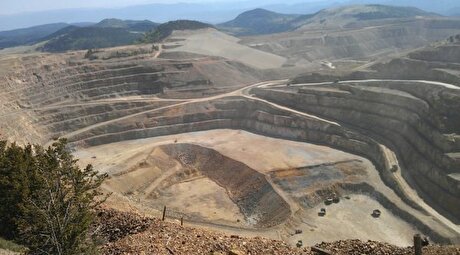
SSR Mining soars on Q2 earnings beat

Century Aluminum to invest $50M in Mt. Holly smelter restart in South Carolina

Cleveland-Cliffs inks multiyear steel pacts with US automakers in tariff aftershock
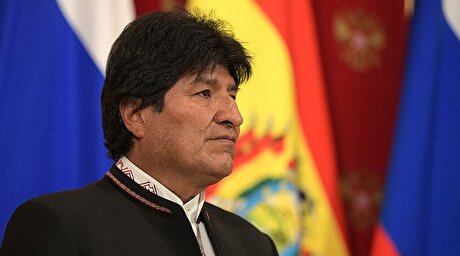
Bolivia election and lithium: What you need to know

Samarco gets court approval to exit bankruptcy proceedings
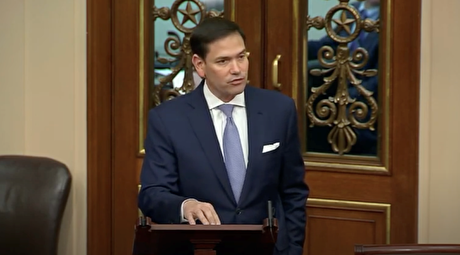
US eyes minerals cooperation in province home to Reko Diq
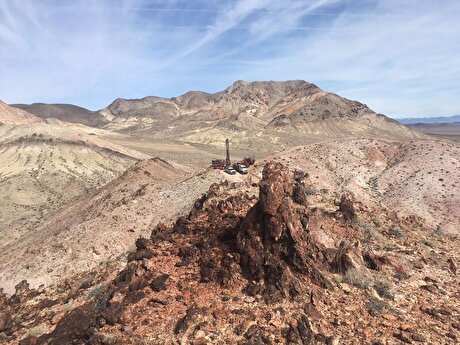
Allegiant Gold soars on 50% financing upsize
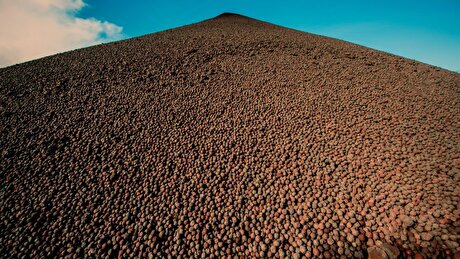
Explaining the iron ore grade shift

Metal markets hold steady as Trump-Putin meeting begins
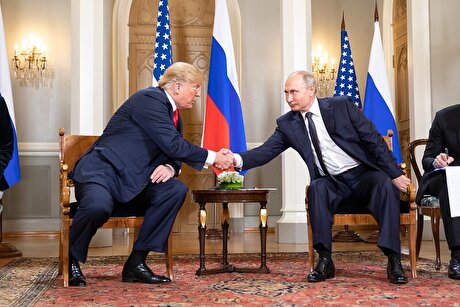
Trump to offer Russia access to minerals for peace in Ukraine

Gemfields sells Fabergé luxury brand for $50 million

Gold price stays flat following July inflation data

Cleveland-Cliffs inks multiyear steel pacts with US automakers in tariff aftershock

Bolivia election and lithium: What you need to know

Samarco gets court approval to exit bankruptcy proceedings

US eyes minerals cooperation in province home to Reko Diq

Allegiant Gold soars on 50% financing upsize

Explaining the iron ore grade shift

Metal markets hold steady as Trump-Putin meeting begins

Trump to offer Russia access to minerals for peace in Ukraine

Gemfields sells Fabergé luxury brand for $50 million














